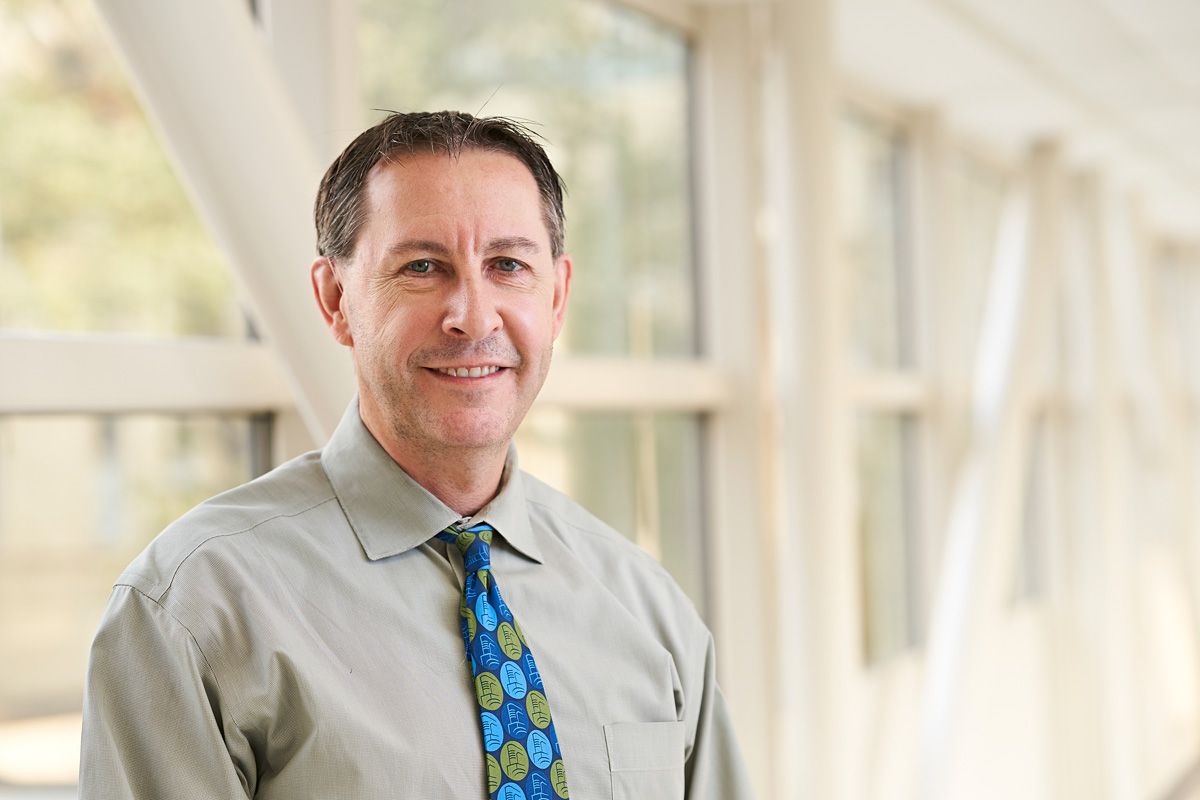Findings of International Tobacco Control study published in BMC Public Health
- Roswell Park researchers conducted a survey of U.S. smokers
- They found that 67% of smokers support reducing nicotine levels in cigarettes
- They also found that 71% were unaware FDA has authority to regulate tobacco
BUFFALO, NY — Smokers strongly favor decreasing the addictiveness of cigarettes, according to results from an International Tobacco Control (ITC) United States Supplemental Survey published in a recent issue of the journal BMC Public Health. The survey was conducted by a group of investigators led by Andrew Hyland, PhD, Chair of the Department of Health Behavior at Roswell Park Comprehensive Cancer Center (Roswell Park).
The survey, conducted between November 2009 and January 2010, asked a nationally representative sample of 678 smokers questions regarding their attitudes and beliefs about the Family Smoking Prevention and Tobacco Control Act (FSPTCA). The Act, signed into law in June 2009, gave the U.S. Food & Drug Administration (FDA) authority to regulate the manufacturing, marketing and sale of tobacco products with a mandate to reduce tobacco-related disease and death.
“These baseline data were collected shortly after passage of the FDA law and prior to enactment of specific regulatory measures,” said Dr. Hyland. “These initial levels of support or opposition for specific policy measures are useful to inform policy development and highlight the need to continue to educate smokers and the public at large about the purpose behind the regulations.”
The published results include the following findings:
- 71% of smokers were unaware of the authority of the FDA to regulate tobacco.
- 67% of smokers support reducing nicotine levels in cigarettes if nicotine was available in a non-cigarette form.
- 67% of smokers indicated support for banning cigarette advertising, promotion, and marketing activities.
- 41% of smokers would support a law that would ban additives and flavoring that make cigarettes seem less harsh.
Dr. Hyland adds, “To date, little is known about the attitudes toward the FDA’s new role in regulating tobacco products. Our research found that most smokers were supportive of efforts to make tobacco products less addictive, to ban advertising, and to better inform the public about health risks.”
The ITC United States Survey began in 2002 and has been conducted approximately annually, in conjunction with ITC surveys in Canada, United Kingdom, and Australia. These four countries are part of the global ITC Project, which is conducting similar surveys in more than 20 countries inhabited by over half of the world’s population to evaluate the impact of tobacco control policies such as pictorial warnings, higher taxes on tobacco products, bans on advertising and promotion, and smoke-free laws.
“We are in the process of comparing our data on support for tobacco-control policies in the U.S. to support what we’ve found in other countries,” said Dr. Hyland. “This will allow us to understand tobacco use and the potential of FDA policies to reduce tobacco use not only here in the U.S. but throughout the world.”
The article, “Smokers’ reactions to FDA regulation of tobacco products: Findings from the 2009 ITC United States Survey, is available at: http://www.biomedcentral.com/1471-2458/11/941.
For additional information about the International Tobacco Control Policy Evaluation Project (the ITC Project), visit http://www.itcproject.org.
The mission of Roswell Park Comprehensive Cancer Center is to understand, prevent and cure cancer. Roswell Park, founded in 1898, was one of the first cancer centers in the country to be named a National Cancer Institute-designated comprehensive cancer center and remains the only facility with this designation in Upstate New York. The Institute is a member of the prestigious National Comprehensive Cancer Network, an alliance of the nation’s leading cancer centers; maintains affiliate sites; and is a partner in national and international collaborative programs. For more information, visit Roswell Park’s website at http://www.roswellpark.org, call 1-800-ROSWELL (1-800-767-9355) or email AskRoswell@Roswellpark.org.
Editor’s note: Photo caption: Andrew Hyland, PhD, Chair, Department of Health Behavior, Roswell Park Comprehensive Cancer Center. To receive a jpeg version of this photo, please send a request to Annie Deck-Miller, annie.deck-miller@roswellpark.org.
Annie Deck-Miller, Senior Media Relations Manager
716-845-8593; annie.deck-miller@roswellpark.org
